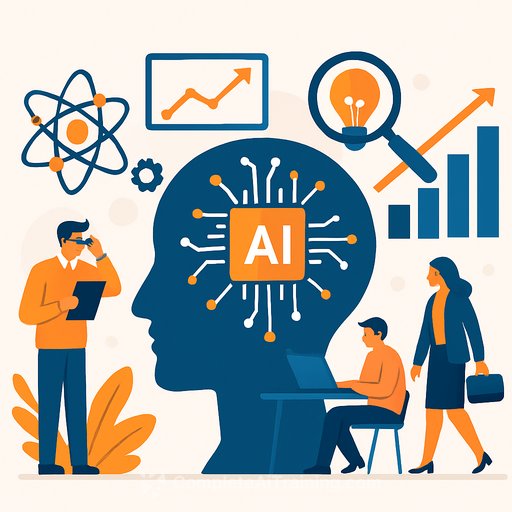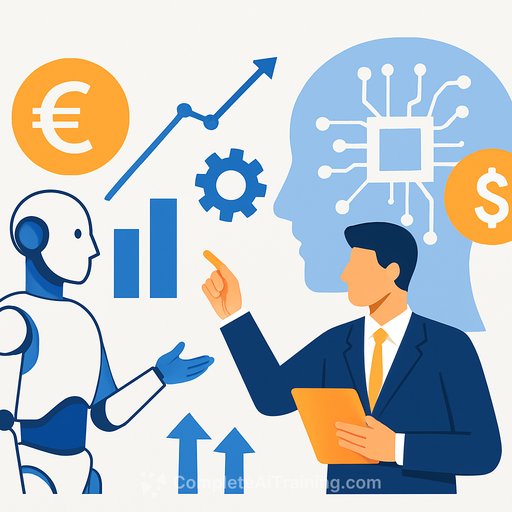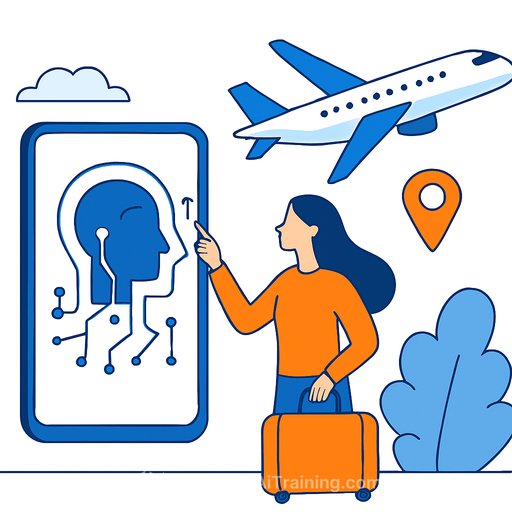How AI Progress Will Accelerate Discovery and Production of New Technology: Key Trends and Business Opportunities
AI's Role in Accelerating Technology Development
Technological breakthroughs have always propelled human progress, from the Industrial Revolution to the Digital Age. Today, AI is positioned to significantly shorten the time needed to discover and develop new technologies. Systems like DeepMind's AlphaFold have already cracked long-standing scientific challenges, such as accurately predicting protein structures in biology, which traditionally took years of experimentation.
AlphaFold's database now covers over 200 million proteins, speeding up drug development and personalized medicine. Similarly, in materials science, AI models have identified millions of new crystal structures—research that would take humans centuries—enabling innovation in sectors like renewable energy and manufacturing.
Real-World AI-Driven Innovations
By 2024, AI has contributed to breakthroughs in battery technology, with companies using AI to discover new electrolytes that potentially double energy density. These advances stem from AI’s ability to simulate experiments at scale, cutting costs and risks linked to physical prototyping.
Investment in AI for scientific research is growing rapidly. In 2023, global spending reached $15.7 billion, up 25% from the previous year. This trend democratizes access to advanced innovation tools, allowing smaller companies to compete effectively in product development.
Business Opportunities and Market Potential
AI-driven technological discovery opens lucrative markets for companies ready to monetize these innovations. Licensing intellectual property, forming strategic partnerships, and offering AI-as-a-service platforms are just a few monetization paths.
In pharmaceuticals, AI is shrinking drug discovery timelines from 10-15 years to as little as 2-3 years. For example, Insilico Medicine brought an AI-designed drug into Phase II trials within 18 months, dramatically cutting R&D expenses. According to McKinsey, AI in drug discovery could generate $100 billion annually by 2030 through improved efficiency and novel treatments.
Challenges and Considerations
Despite promising results, challenges remain. Quality and diversity of data are critical to avoid biased discoveries. This requires multidisciplinary teams combining AI experts with domain specialists to ensure meaningful outcomes.
Competition is intense, with major players like OpenAI, DeepMind, and startups such as Anthropic leading innovation and safety research. Regulations like the EU’s AI Act enforce transparency for high-risk AI applications in scientific research, emphasizing ethical use and compliance.
Technical and Future Outlook
AI technologies such as generative adversarial networks and reinforcement learning help simulate complex systems and optimize designs. High computational demands are being met by cloud providers offering specialized AI hardware that reduces energy consumption.
Explainable AI techniques improve model transparency, helping teams understand and trust AI-driven results. Gartner’s 2024 Hype Cycle predicts autonomous laboratories by 2028, where entire R&D processes could run automatically, accelerating solutions for global challenges like climate change.
Leading countries are competing fiercely in AI patents, with China filing nearly twice the number of AI patents as the US in 2023. Regulatory frameworks continue to evolve, focusing on safe and equitable AI deployment. Ensuring AI benefits are shared broadly will require global cooperation and attention to ethical considerations.
Summary
AI is reshaping how new technologies are discovered and produced, making innovation cycles shorter and more efficient. For product development professionals, embracing AI-driven tools and strategies offers a chance to pioneer new markets and create disruptive products. Success will depend on balancing innovation speed with data quality, ethical use, and regulatory compliance.
Frequently Asked Questions
- What is the impact of AI on drug discovery?
AI accelerates drug discovery by predicting protein structures and simulating experiments, reducing timelines from over a decade to a few years. - How can businesses monetize AI-driven technological innovations?
Companies can monetize through IP licensing, AI service platforms, and direct product development, unlocking significant value in industries like biotech and materials science.
For those interested in advancing skills in AI-driven product development, explore relevant AI courses for product development professionals.
Your membership also unlocks:






